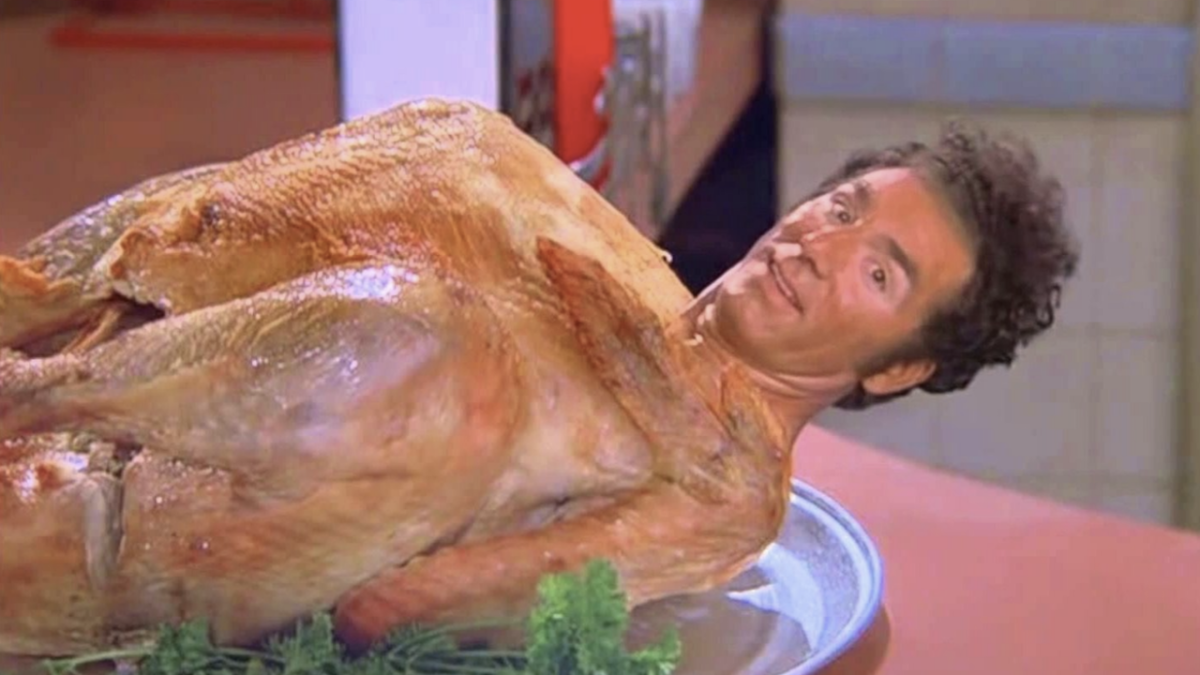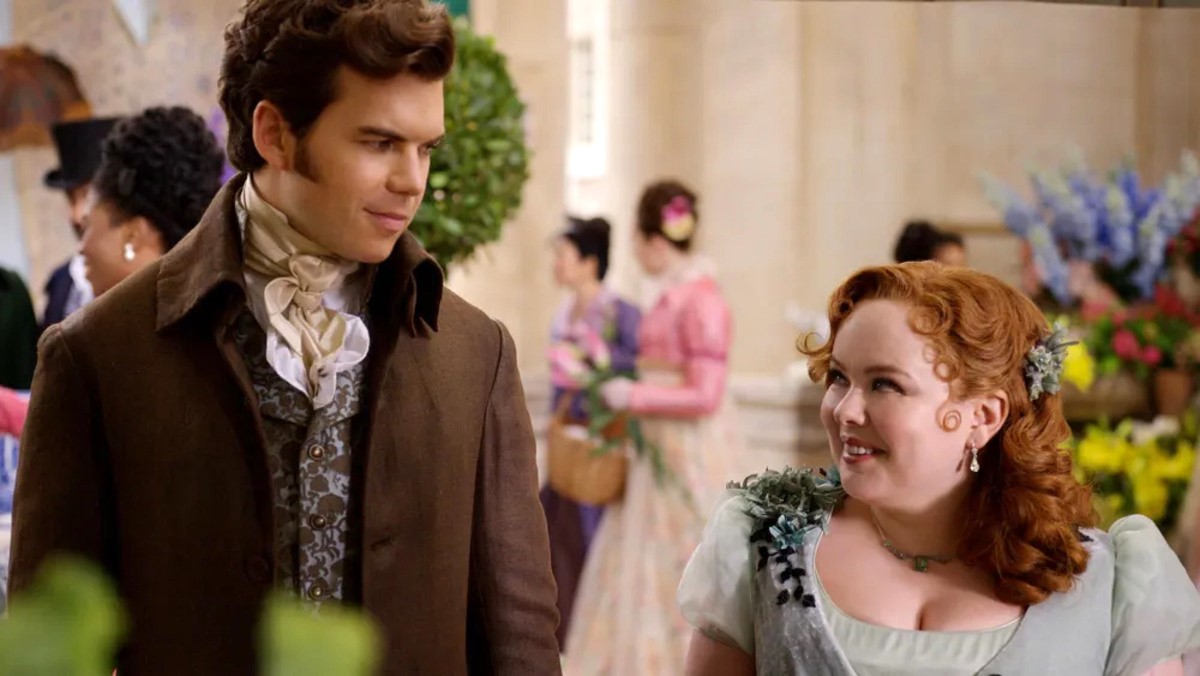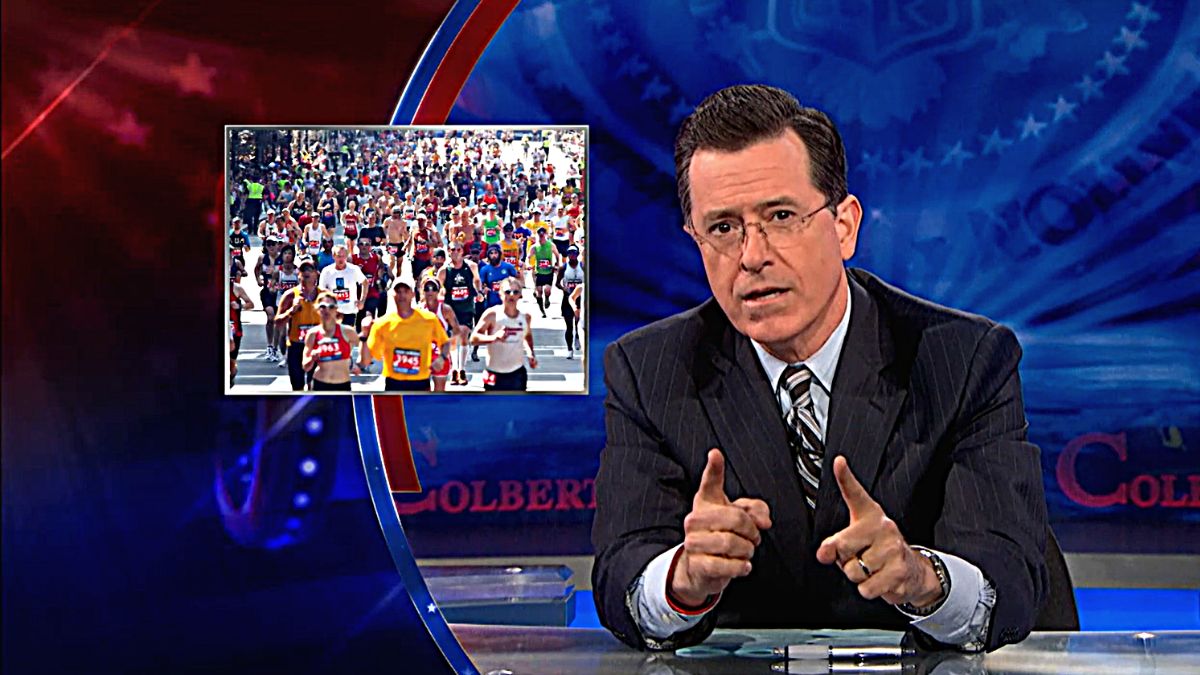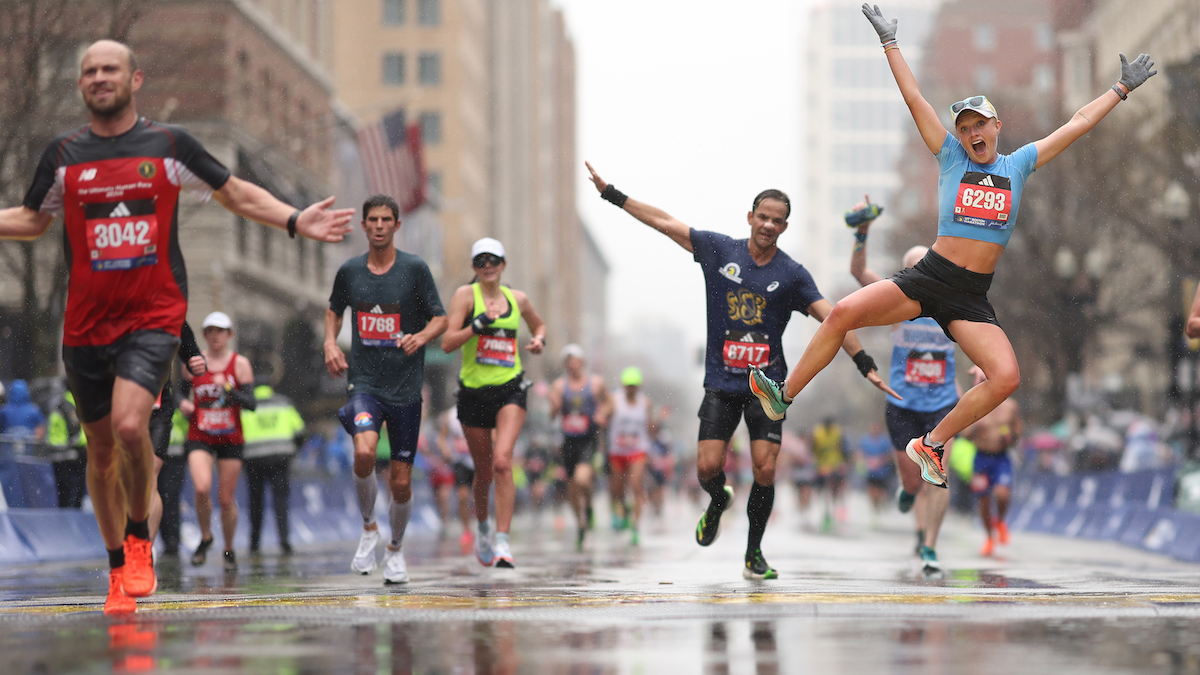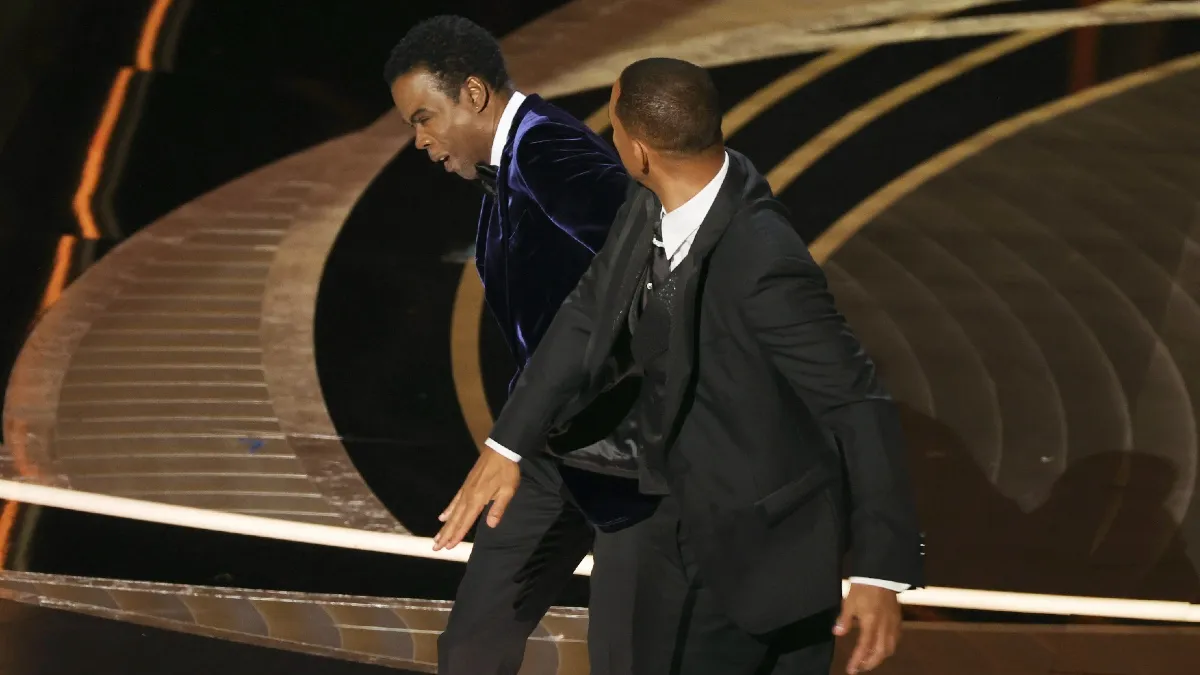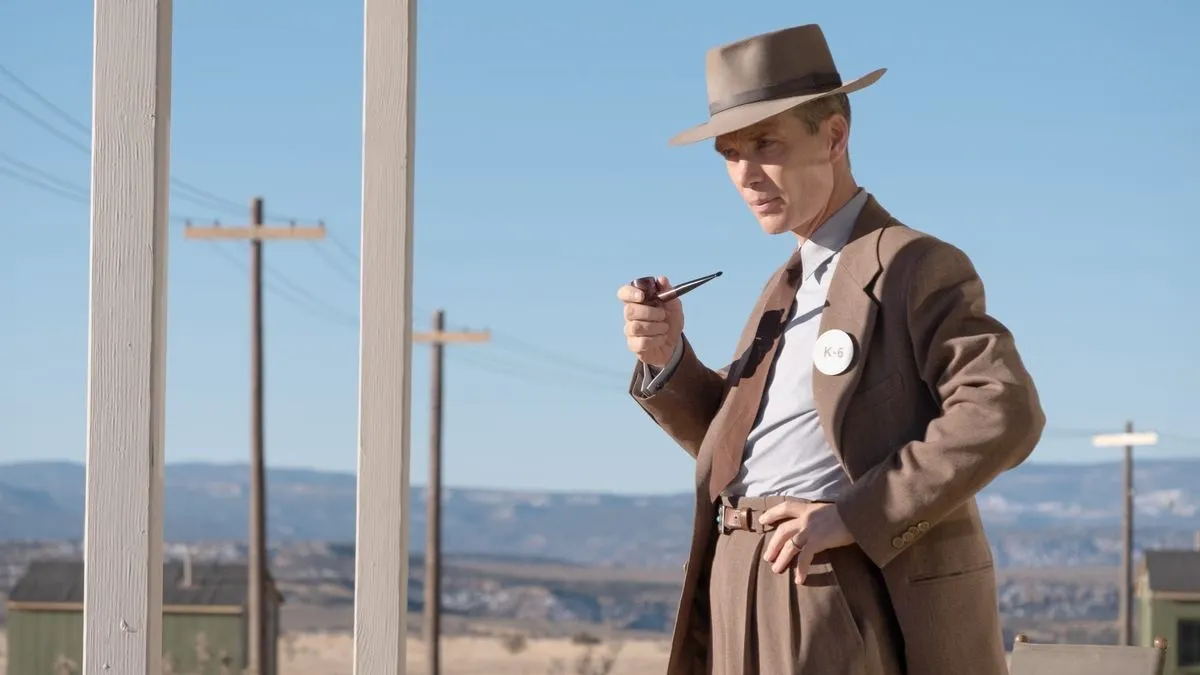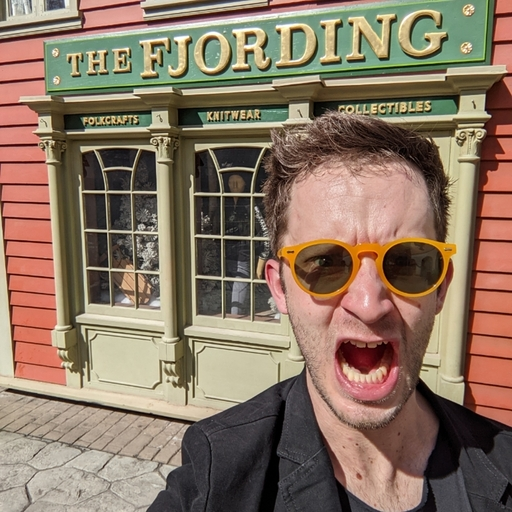We might not agree on much here in these United States, but we come together across the aisle every Thanksgiving with a shared enthusiasm for pie. There’s no wrong reason to eat pie.
Anyone looking for a concrete answer as to why we celebrate Thanksgiving can probably stop there. The facts about the holiday are hazier than you might think. If you’ve been paying attention to the general feeling in the room re: the history you were taught in elementary school, then you probably have an inkling that Thanksgiving doesn’t really mark the day when Pilgrims and Native Americans put aside their differences, ate a bird, and never disagreed again. There are nuggets of truth to this interpretation, but it’s not the whole story.
Nascent Thanksgiving traditions stem back to at least the 1500s, a time when life was pretty terrifying. Crops failed, antibiotics kept stubbornly not existing, and the Puritans thought that people were having too much fun, poking their boils and dying and so on. Their solution was equal parts Grinch and stern Catholic school nun: Take away all the holidays, instead observing days of fasting when bad stuff happened (inclement weather, food shortages) and days of thanksgiving when good things happened (nice weather, an excess of food thanks to all that fasting). Celebrations giving thanks to God became a great way to mark a solid harvest, or, by 1605, a guy with a try-hard mustache/beard combo failing to blow up Parliament. The custom became widespread, following English folks wherever the good times took them.
Anyone bored with the weather in England could always charter a ship and head, sight unseen, to North America, a brand new continent rife with hurricanes, wildlife, and people who really did call “dibs” on the land where they were born and lived. Assuming that you and your loved ones survived the arduous, two to four-month journey from England to the New World, you’d probably be pretty grateful. The passengers aboard the Margaret certainly were when they touched down in present-day Virginia in December of 1619. Like lots of folks in the area at the time, they were 11/10 psyched about both living through the experience and not being on a boat anymore, and partied down like only white sailing enthusiasts can: with a picnic. What separated this shindig from others was the group’s written proposal, stating that the day of their arrival would be marked yearly with “a day of thanksgiving to Almighty God.”
Then there was the more famous “first Thanksgiving” at Plymouth. The broad strokes of the usual narrative aren’t wrong: A group of Pilgrims headed America-ways, found a notoriously difficult stretch of land to colonize, and tried to ignore the fact that all but one of the local Native people from the area had died horribly. Over the next year, the Pilgrims did much the same, starving and succumbing to illness and harsh weather. They only managed to survive with the help of that last remaining local ⏤ a member of the Patuxet who helped them catch eels to eat and grow corn through the art of sticking corn in the ground. Additional help came from the nearby Wôpanâak, who traded food to the Pilgrims. In exchange, the Pilgrims helped the Wôpanâak to defend themselves against the Narragansett, and presumably stopped making big, sad eyes and complaining about the taste of eel.
A year or so later, with a full half of their original 100 settlers dead in the ground, the Pilgrims celebrated their first harvest with a three day celebration. Not so much an outright religious observance or a patriotic fist pump, it was a pragmatic figurative sigh of relief ⏤ an expression of gratitude for another day, for the people who helped, and for the fact that everyone got to eat something besides snake fish for a while. The story goes that the Wôpanâak didn’t even get an invite, but heard the Pilgrims firing guns into the sky in celebration (America is what it is) and showed up thinking that there was a fight. Like all awkward encounters where a neighbor realizes that they forgot to invite you to the party, the Pilgrims backpedaled fast, welcomed the people who helped them not die, and made the whole thing a potluck.
Maybe. Much of the history of Thanksgiving comes filtered through centuries of good PR and bad facts. Even in the 17th century, stories about thanksgiving feasts in a land of plenty made it back to England, promising feasts and camaraderie on the other side of the Atlantic to anyone with the can-do’smanship to pull themselves up by their enormous boot buckles. What started as a way of taking a breather and enjoying how great it feels to not live on a boat became mythical, almost deified, as a symbol for what America is, in theory, all about: hard work, friendship, and eating too much. George Washington marked it as a national shindig, Lincoln made it a holiday, and Franklin Roosevelt moved said holiday so that people would have more time to shop. It’s a snowball of a tradition that’s been rolling downhill for so long, it’d be impossible to get to the center with any sort of accuracy. It’s a pile of traditions wrapped around an event that’s more concept than actual history now. In short, there’s no bad reason to eat pie.

